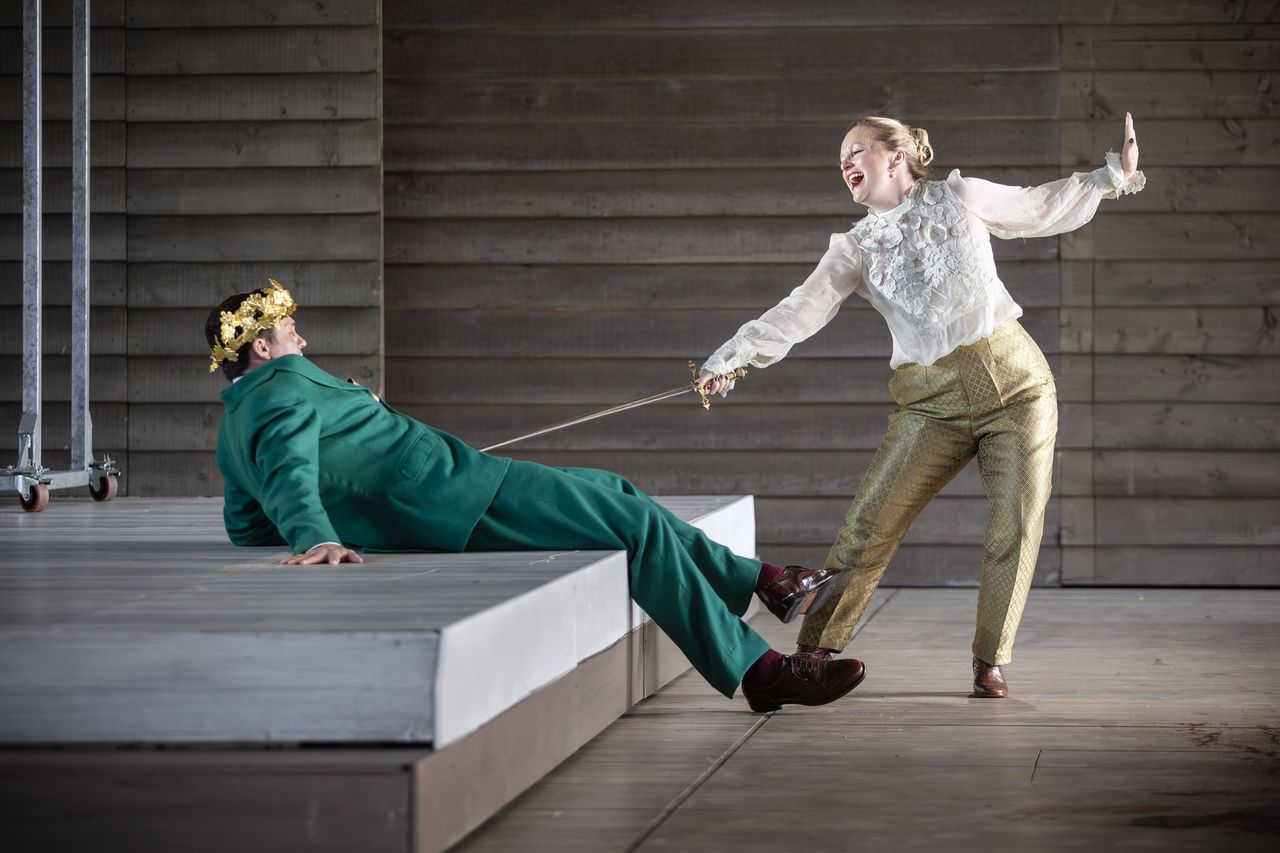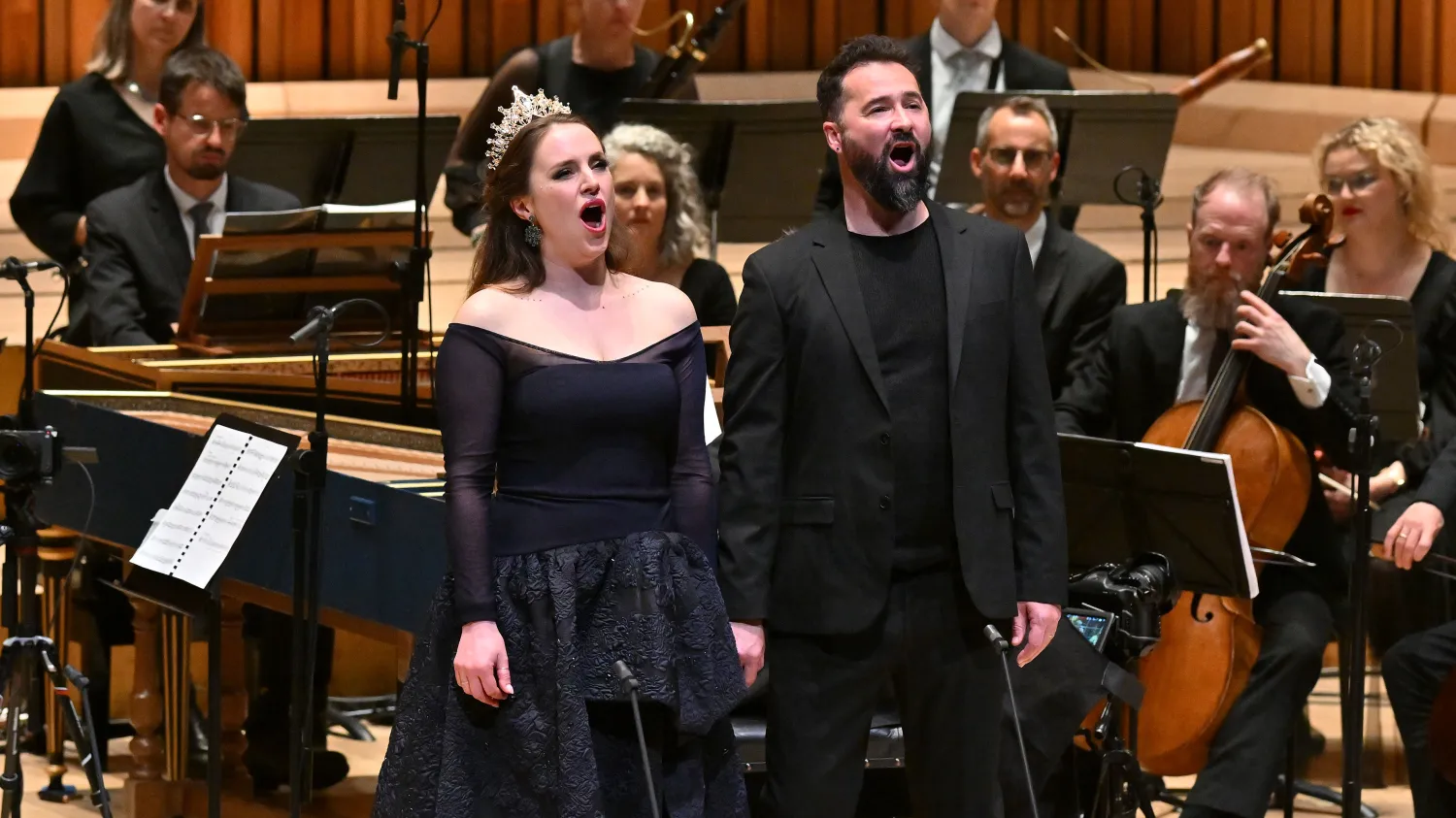There are plenty of mysteries out there in the musical world: the two heads inside Haydn’s tomb, the enigma behind Elgar’s variations. But what of the gruesome murder of poor Jean-Marie Leclair (1697-1764)?
From lace-maker, to dancing star and violin virtuoso, everything seemed to be going right for Leclair. Celebrated as the ‘French Corelli’, his compositions quickly drew the attention of the King.
Yet later in life he became completely dissatisfied with his musical creations, and having destroyed much of his work, he retreated into a tumbledown hovel in one of the most dangerous outskirts of Paris. His wife left him, and while a noble patron tried to rescue Leclair’s flagging career, his offers of help were rejected.
If you thought the heroine’s fate in Leclair’s single opera Scylla et Glaucus seemed like a bad way to go (Scylla is transformation from gentle beauty into a raging sailor-eating monster), the composer didn’t fare much better himself.
Stabbed three times in the chest, Leclair was discovered dead at his home in 1764. Suspicion soon fell on his estranged wife whom had acted as his business partner and music engraver. After his death she sold his possessions, published as yet unknown music, and reissued much of his existing material with such speed that the finger inevitably pointed to her and her financial worries.
But what of his jealous nephew Francois whose career as a violinist had failed to reach the lofty heights of his uncle? Was he so bitter, upset perhaps that Leclair didn’t support him and his career more?
What of the gardener Paysant, whom conveniently discovered the bloody corpse? Had Leclair’s sorry state of affairs left his bills in arrears? As the gardener, his presence at the master’s home certainly wouldn’t arouse suspicion if he decided to get even with his employer.
Or was the murder simply the product of living in one of the roughest parts of Paris?
Antoine de Sartine, the much-celebrated French Lieutenant General of police, led a thorough investigation into the grisly affair, but came up empty-handed. Until this day, the crime has gone unsolved…
Hear music from Leclair’s opera Scylla et Glaucus on Friday 8th March 2019 at Wigmore Hall, along with fantastic music by Purcell, Muffat and Bach
Other Blog Posts
All Blog Posts



